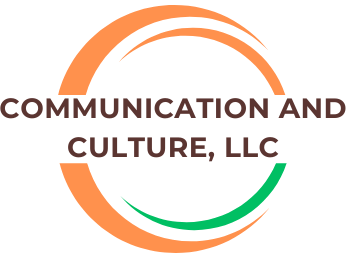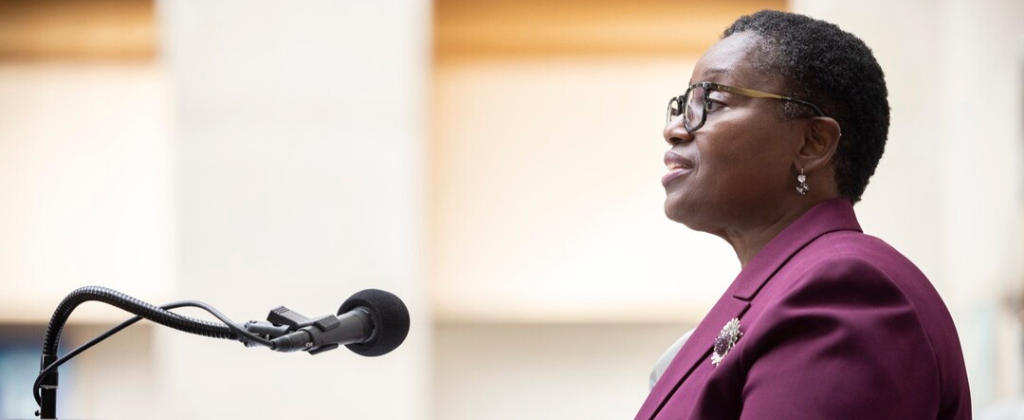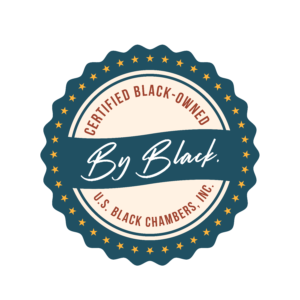Health inequity extends beyond dry statistics and policy discussions. It manifests in the visceral stories of individuals and families, where preventable pain and premature loss become an all too common narrative. This profound inequity not only signifies a health crisis but serves as a mirror reflecting broader societal shortcomings. That is why Communication and Culture, LLC is focused on the many organizations that can achieve health equity.
The personal pain of health inequity hit home for me when I lost a cherished friend. For her, diabetes—a condition typically manageable—morphed into a relentless adversary. Inadequate treatment and lack of support became overwhelming obstacles. It was not for a lack of effort on her part. I felt helpless and disillusioned. A bit angry? Could I have done more to advocate? Could I have intervened? I frequently wonder: would her fate have been different in another environment, or if she had been from a more privileged background?
My journey as an OB/GYN also opened my eyes to the silent struggles patients face. It wasn’t always clear why they couldn't follow medical advice. Were unseen barriers impeding them? Were there challenges I was unaware of? I regretfully recognize that I may have unintentionally contributed to these disparities, at times, by not delving deeper into their personal circumstances.
Stark racial and ethnic health disparities confront us relentlessly. The CDC highlights that Black, Hispanic, and Native Americans have shorter life expectancies compared to their white counterparts. It is not only race that results in these statistics, but also geography, income level and other factors. These figures aren't just numbers; they represent lives, stories, and unfulfilled dreams. These communities disproportionately bear the burden of chronic conditions like diabetes, heart disease, and obesity.
Peeling back the layers of these disparities, we find a tangle of factors: socio-economic challenges, healthcare access constraints, language barriers, and, alarmingly, ingrained biases within the healthcare system itself. The result? Countless individuals deprived of the essential care they need, leading to heart-wrenching outcomes.
The shadows of health inequity deepened with the onslaught of the COVID-19 pandemic. Minority groups shouldered a disproportionate load—marked by surges in infection rates, hospital stays, and fatalities. Why? The culprits include limited access to healthcare, densely populated living situations, and occupations that don’t permit remote work.
But these health disparities aren’t just academic fodder. They resonate deeply, inducing pain, cutting lives short, and magnifying systemic flaws. However, even within this bleak landscape, there's room for optimism. By acknowledging and confronting these disparities, we can strive for a more just, equitable future where every individual has an equal shot at a healthy, fulfilling life.
Make a Difference: Let your voice be heard. Connect with community policymakers (City Council, Representatives, Senators, etc.). They need to hear your heartfelt stories so that they can advocate and change laws. Change begins with understanding, and understanding begins with you. hashtaghealthequity hashtaghealthequitynow hashtagequity hashtaghealth




